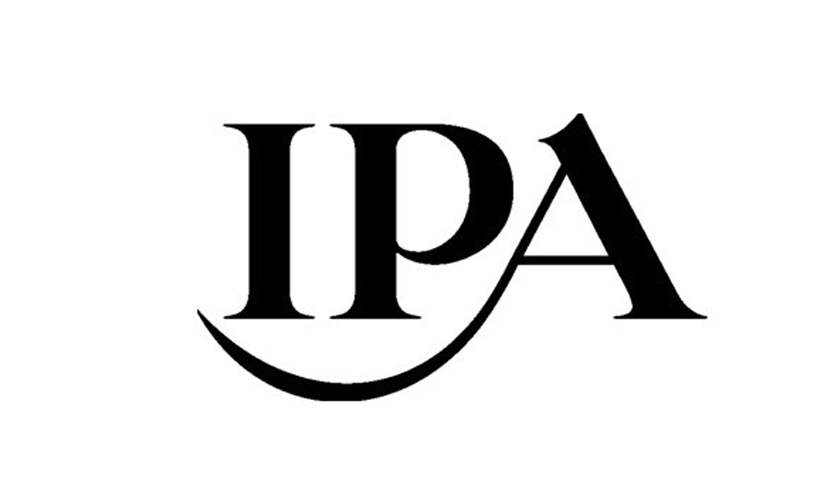There is a significant opportunity for brands and retailers to better cater to women going through the menopause, with only seven per cent of women aged 35-60 currently thinking they are doing it ‘very well’. This is one of the core findings, informed by new data, contained in an IPA report.
The IPA report, The Menopause: The change we need to see, features new unseen data from GenM (the menopause partner for 90 brands including Sainsbury’s, Boots and QVC), alongside existing Euromonitor and CIPD data, and additional qualitative data from women aged 49-64, to provide a comprehensive overview of the audience impacted by this major life change. It explores their attitudes to representation in advertising and the innovations and opportunities within the sector.
New GenM data unveiled in the report reveals:
- Only 7% of women aged 35-60 think brands and retailers are doing very well at catering to the menopause. Although a further 45% believe they are doing fairly well, this implies 48% think more could be done.
- Less than a fifth (19%) of women aged 35-60 have noticed marketing or advertising specifically for menopausal products – while this is low, this figure has improved ten percentage points since 2000.
- For those women that are aware of this advertising, while some find it informative (45%), some others say that they find it uninspiring (26%).
- On a wider note, around two-fifths of women feel that the advertising targeted at their stage of life is unreflective of their life or that of their friends (46%); uninspiring (45%), outdated (43%) and not relatable (41%).
- In terms of product areas that menopausal women feel brands and retailers could do better in delivering solutions, nutrition/supplements (63%) and feminine care (58%) rank highest.
In addition to providing insight and advice to help brands, the report also provides advice for agencies to support their workforce on their menopause journey, citing findings from the 2023 All In Census and CIPD, and highlighting available IPA legal guidance and additional resources. In addition to ensuring agencies have a menopause policy, implementation of flexible working hours or devices to control local temperatures are small changes, pointed to by the data, that could greatly benefit productivity, employee satisfaction and retention.
Sophie Dimond, Insight Analyst, IPA:
The menopause is a complex area requiring greater understanding and empathy from brands, and indeed, employers to support individuals on their journey.
“As GenM’s Heather Jackon articulates so well within this report, the menopause is an “unavoidable life stage, rather than a lifestyle choice”. For which there is a significant direct and indirect audience who are actively seeking guidance, support products and services. And as Dark Horses’ Melissa Robertson also points out, “We all have colleagues, clients, friends, mums and aunts who are going through it. Menopause isn’t an issue for women of a certain age to worry about, it’s an issue for everyone to care about.”
Caris Brett, Insight Analyst, IPA:
“The purpose of this report is to raise awareness and improve understanding of the menopause for all. While some of the data revealed and discussed reveals marginal improvements in menopause awareness and action, it is clear more can be done.”
By investing in greater understanding of this significant life stage, marketers have a significant opportunity to help the health and wellbeing of individuals while growing their businesses.
“Meanwhile agencies could significantly aid the retention of experienced and much-needed talent, who without the relevant support might otherwise leave the business.”
Heather Jackson, Co-Founder of GenM:
“We call menopause ‘the change’ because it does what it says on the tin – it can change everything, from nutrition to cosmetics, and even the clothes you might wear. It’s important for brands to remember there are 48 signs and symptoms. That’s 48 opportunities to serve the menopausal consumer. Of course, it’s not just about delivering menopause products – we also need to consider how we’re reaching this market. Already busy and time-poor with career and family responsibilities, menopausal consumers are also dealing with symptoms like sleep loss, fatigue, anxiety and brain fog.”
Brands need to respond to this and make it easy to search, source and shop for menopause-friendly products. Improving signposting, marketing and streamlining consumer experience is key.


